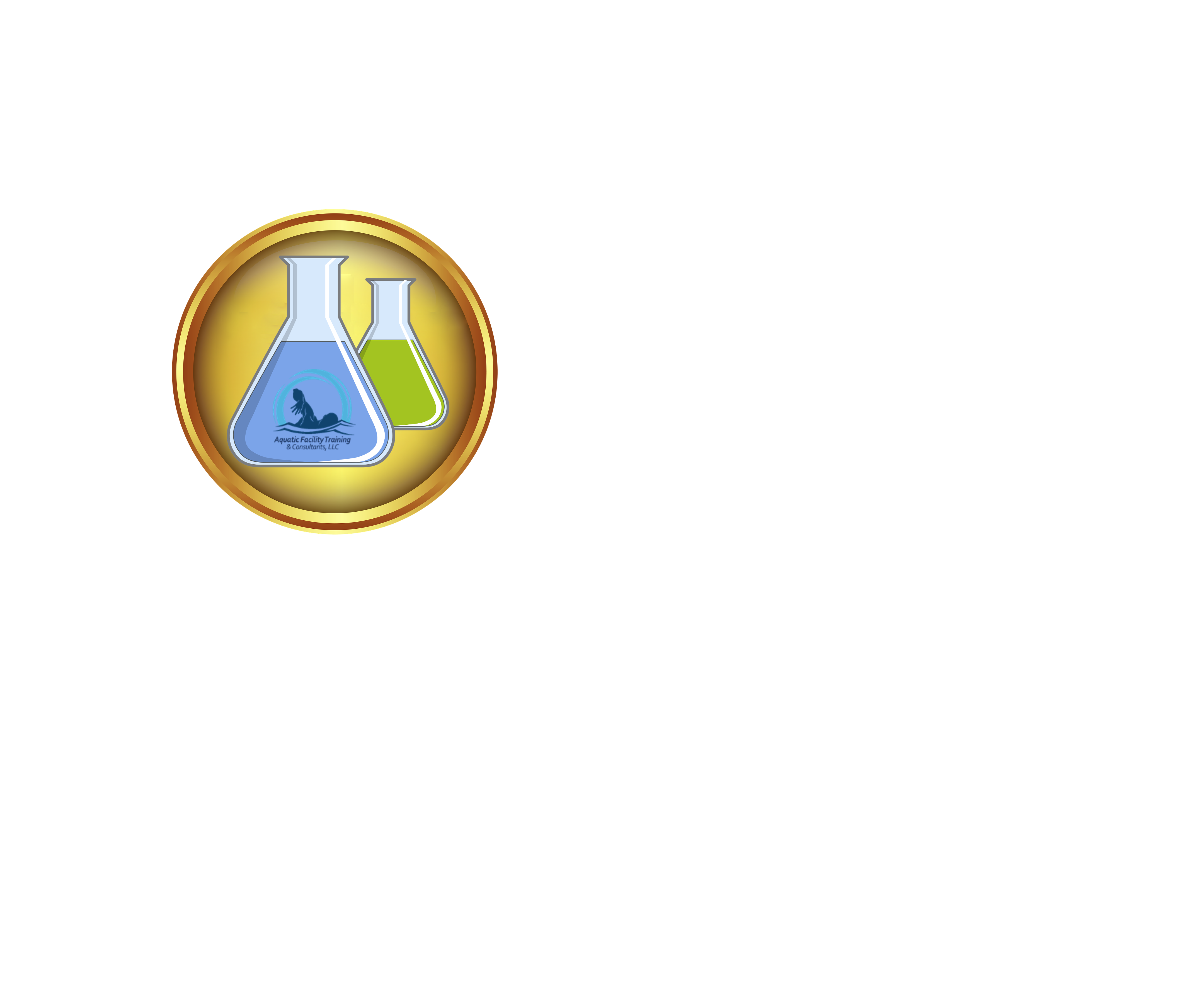The Indiana Public Pool Code, detailed in 410 IAC 6-2.1, governs public and semi-public swimming pools, outlining regulations for the construction, operation, and maintenance of these facilities and the Indiana CPO Requirement. It is administered by the Indiana State Department of Health or by local health officers, and applies to all public and semi-public pools, excluding private residential pools.
Key Definitions and Requirements
- Public Pool: Any pool open to the public for swimming or bathing, regardless of whether a fee is charged, and operated by an entity such as a concessionaire or operator. This definition excludes pools at single-family residences.
- Semi-Public Pool: Pools restricted for use by residents, members, or guests at facilities like hotels, apartments, or membership clubs.
- Bather Load: The maximum number of people allowed in a pool at any given time, calculated based on pool and deck area.
- Disinfection Standards: All pools must be disinfected with chemicals such as chlorine or bromine, maintaining specific residual levels (e.g., 1.0 to 7.0 ppm for chlorine in standard pools). Regular testing is required to ensure compliance, and pools must be cleared if disinfectant levels fall out of the prescribed range.
Pool Safety and Lifeguard Requirements
- Lifesaving Equipment: Pools must be equipped with life poles, ring buoys, and other safety tools like spine boards for emergencies. First aid kits and emergency phones must also be available.
- Lifeguard Staffing: Lifeguards are required at public pools and larger semi-public pools, with the number of lifeguards increasing with the bather load. Lifeguards must hold valid certifications in lifeguarding, CPR, and first aid, and annual training is required, including handling bloodborne pathogens.
Maintenance and Water Quality
- Water Chemistry: Pools must maintain balanced chemistry with a pH between 7.2 and 7.8 and total alkalinity between 80 and 120 ppm. Cyanuric acid stabilizers are restricted, especially in indoor pools, and turnover rates for water recirculation must adhere to specific timeframes, depending on pool type.
- Cleaning: Visible dirt must be removed from the pool daily, and oils or floating matter must be skimmed off continuously during operation.
Special Pool Types
The code defines various pool types such as diving pools, wading pools, competition pools, and spas, each with specific operational requirements for water turnover, depth, and use.
Indiana CPO Requirement (Certified Pool Operator)
A critical component of compliance is the requirement for a Certified Pool Operator (CPO). Every public and semi-public pool must have a CPO responsible for ensuring proper water quality, safety standards, and adherence to health regulations. The CPO must complete a nationally recognized certification program, which provides the knowledge necessary to manage pool chemicals, filtration systems, and general pool safety. This certification must be current and available for inspection at the pool site. See current schedule of CPO Certification classes HERE
Closure and Enforcement
Pools may be closed if they fail to meet bacteriological standards, if lifeguards are not present as required, or if other violations pose health and safety risks. The Department of Health has the authority to inspect pools, enforce regulations, and take corrective action when necessary.
The Indiana Public Pool Code ensures that pools are safe for public use by maintaining high standards for water quality, structural integrity, and safety protocols, overseen by qualified personnel through the CPO certification.


